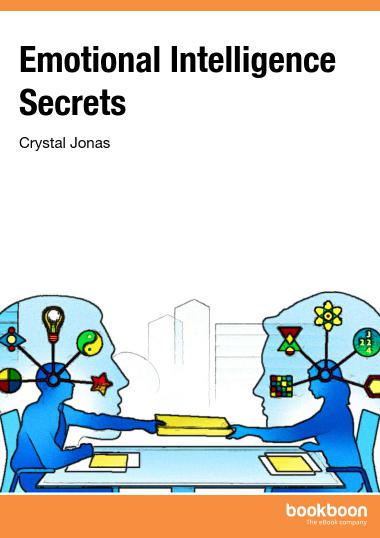Thinking skills: EQ vs. IQ in the workplace in India

On the topic of intelligence, there is much debate about whether it is emotional intelligence (EQ) or cognitive intelligence (IQ) is more important. Emotional intelligence and its benefits are becoming increasingly more important in India. When it comes to the workplace, technical skills associated with IQ can get you so far but the social skills that come with high EQ can make all the difference. When attending school and studying at university, intelligence levels are often determined by how quickly students retain technical information and perform in exams rather than by measuring skill levels such as how well students manage their time, function as part of a team or display strong leadership. Let’s delve into the world of intelligence and compare the two.
Thinking skills: IQ
IQ measures how well you learn facts and figures. If you learn quickly, are good in math, logic and analysing, you likely have a higher than average IQ. Think of your IQ as being what’s called “book smart.” In an article called Intelligence, Training and Employment, Psychologist and Professor, Richard K. Wagner, summaries extensive research that reveals that IQ accounts for only 4 to 9 percent of success on the job. This means other factors determine between 91 and 96 percent of job performance.
Thinking skills: EQ
EQ measures your ability to understand not only your own emotions but the emotions of others. It reflects how well you manage conflict, get along with those around you, and motivate yourself and others. Research suggests that the higher one’s EQ, the more they can help raise profits at work because not only can they motivate themselves to work more productively, they can inspire others to work better in teams. EQ can count from 27 to 85 percent of your success both in your professional life, and your personal life.
Get the latest updates on thinking skills with our weekly newsletter #ThoughtfulThursday.
Can EQ be learned?
After reading this, a fair question might be: “If emotional intelligence is so important, can it be learned? Luckily, the answer is yes! Just because one doesn’t naturally display characteristics of EQ does not mean they are unable to practice and develop the interpersonal skills associated with high emotional intelligence.
Learning at work
Improving one’s soft skills is one of the most important investments one can make in their personal and professional life. Many companies offer and encourage the learning and development of soft skills such as conflict resolution, time-management, teambuilding and leadership through their training offering. HR or L&D professionals should look to learning platforms that encourage employees to become proactive about their own emotional upskilling.
Would you like to learn more about our eLibrary? Book in a free demo now




